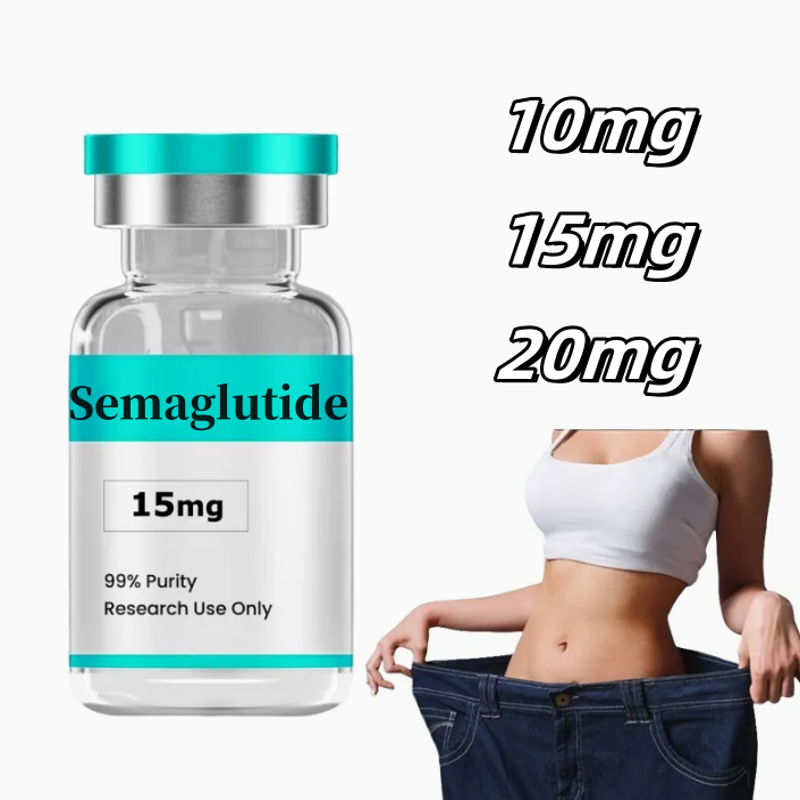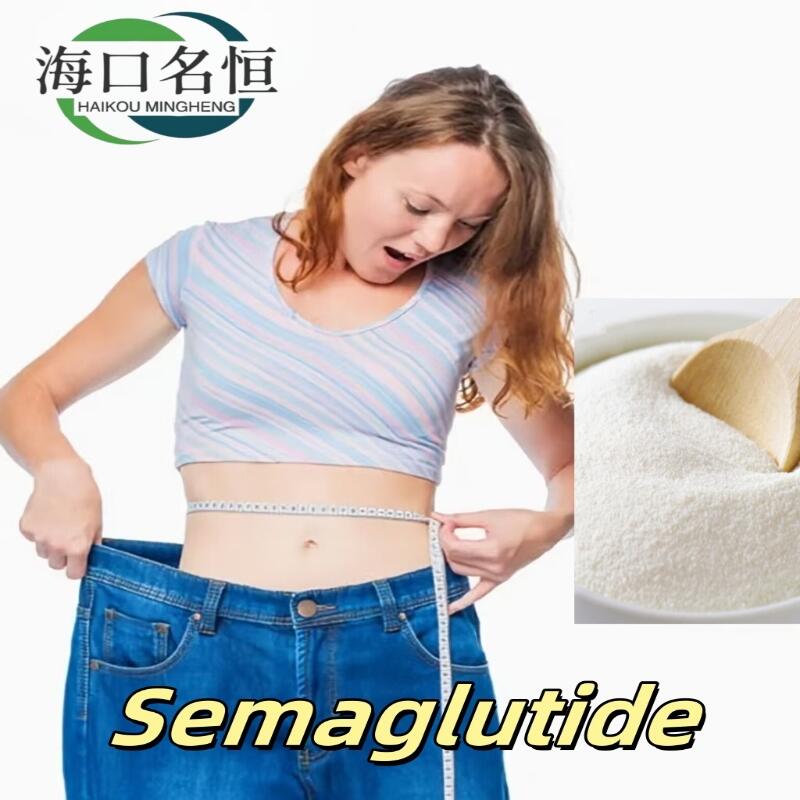-
Categories
-
Pharmaceutical Intermediates
-
Active Pharmaceutical Ingredients
-
Food Additives
- Industrial Coatings
- Agrochemicals
- Dyes and Pigments
- Surfactant
- Flavors and Fragrances
- Chemical Reagents
- Catalyst and Auxiliary
- Natural Products
- Inorganic Chemistry
-
Organic Chemistry
-
Biochemical Engineering
- Analytical Chemistry
-
Cosmetic Ingredient
- Water Treatment Chemical
-
Pharmaceutical Intermediates
Promotion
ECHEMI Mall
Wholesale
Weekly Price
Exhibition
News
-
Trade Service
Science and Technology Daily reported on July 16 (Beijing time) that US scientists have used human induced pluripotent stem cells (iPS cells) to create artificial blood vessels that can survive 280 days in experimental mice The findings, published in the latest issue of the proceedings of the National Academy of Sciences, help to develop new treatments for heart disease and diabetes The Massachusetts General Hospital team used human iPS cells to make blood vessel precursor cells, which were then transplanted to the surface of the brain of experimental mice Two weeks later, the precursor cells became functional blood vessels and worked for 280 days During this time, the performance of these artificial blood vessels was the same as that of the natural blood vessels of experimental rats Scientists believe that the ability to repair or develop new blood vessels is expected to become the basis of new treatments for heart disease and diabetes Previously, scientists used the same method to make artificial blood vessels, but there is no guarantee that they will work for a long time after transplantation into animals In addition, the lead author of the research paper, ricks king of Massachusetts General Hospital, said that transplanting the same cells under the skin can also create blood vessels, but this kind of blood vessel has a shorter life span and requires four times more precursor cells Relatively speaking, the new method is more convenient and efficient Gene believes that stem cell technology has brought great vitality to the field of cell-based regenerative medicine, but there are still many challenges to make functional cells with iPS cells (reporter Liu Xia)
Editor in chief circle
Despite the bumpy road ahead, the happiness brought by "omnipotent cell" seems to be getting closer and closer In 2012, the Department of medicine of Nagoya University in Japan extracted iPS cells from the elderly mice for vascular reconstruction, and its role in improving blood circulation was recognized in the observation Now, the blood vessels made of human iPS cells have been able to work in experimental rats for more than nine months If this technology can be applied to human body, it is of great significance to patients with cerebral infarction, arteriosclerosis and diabetes It is worth all efforts.







